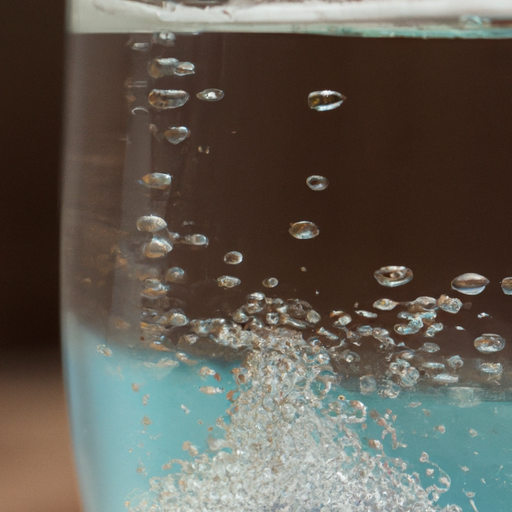Does K React with Cold Water? Discover the Truth!
Potassium, symbolized by the chemical element K, is a highly reactive metal that belongs to the alkali metal group. When it comes to its reactivity with water, potassium exhibits a fascinating behavior that sparks curiosity among chemists and science enthusiasts. In this article, we will explore whether or not potassium reacts with cold water and uncover the truth behind this chemical reaction.
The Reactivity of Potassium
Potassium is known for its vigorous reactivity with water, but the extent of this reaction depends on various factors such as temperature and the form of potassium used. At room temperature, potassium reacts violently with water, producing hydrogen gas and a solution of potassium hydroxide. However, when it comes to cold water, the reaction is less intense and slower compared to room temperature or hot water.
Reaction with Cold Water
When potassium is added to cold water, a reaction does occur, but it is relatively less vigorous. The reaction between potassium and cold water is exothermic, meaning it releases heat. As potassium reacts with water, it forms potassium hydroxide (KOH) and hydrogen gas (H2). The reaction can be represented by the following equation:
2K + 2H2O → 2KOH + H2
Although the reaction is slower in cold water, it is important to note that potassium is still highly reactive and should be handled with caution. The release of hydrogen gas during the reaction can lead to the formation of flammable mixtures, posing potential hazards.
Factors Affecting the Reaction
The reactivity of potassium with water is influenced by several factors. One of the key factors is temperature. As mentioned earlier, the reaction is more vigorous at higher temperatures. Cold water slows down the reaction, but it does not completely prevent it.
Another factor that affects the reaction is the size of the potassium sample. Finely divided potassium reacts more rapidly than larger pieces due to the increased surface area available for the reaction to occur.
Conclusion
In conclusion, potassium does react with cold water, although the reaction is less intense compared to room temperature or hot water. The reaction between potassium and water results in the formation of potassium hydroxide and hydrogen gas. It is important to handle potassium with care due to its high reactivity and the potential hazards associated with the release of flammable hydrogen gas.
Remember, when conducting any experiments or working with reactive substances, always follow proper safety protocols and consult reliable sources for accurate information.




